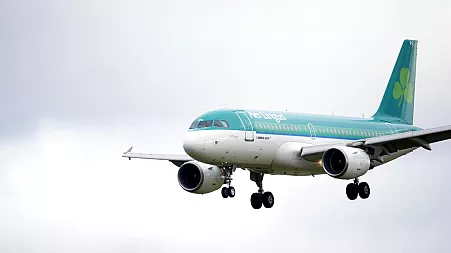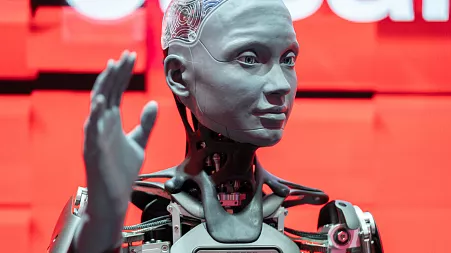Inflation has fallen back to the Bank of England’s 2pc target for the first time in nearly three years in a boost to Rishi Sunak’s election campaign.
The consumer prices index (CPI) fell to 2pc in the year to May, according to the Office for National Statistics, which was down from 2.3pc in April and in line with economist expectations.
- Follow The Telegraph’s inflation live blog
It marks the first time inflation has been at the Bank of England’s target since July 2021, before the cost of living crisis saw inflation shoot to a 41-year high of 11.1pc in October 2022.
It was claimed as a victory by the Prime Minister, but he warned a Labour victory at the polls could cause inflation to rise again.
Mr Sunak, who has built his election campaign on his economic credentials, said the drop was “great news” and a sign that the economy “has now turned a corner”.
But shadow chancellor Rachel Reeves said people were still “worse off” despite the decline.
It comes ahead of the Bank of England’s panel of rate-setters’s final meeting before the election on Thursday.
They are widely expected to hold interest rates at a 16-year-high of 5.25pc, but the fall back to target could pave the way for the first rate cut in August.
Policymakers have been clear, however, that hitting 2pc alone is not enough to declare victory in the battle against inflation and taming underlying price pressures first is crucial.
Services inflation, which has been highlighted as a potential hurdle to interest rate cuts, fell to 5.7pc in May, down from 5.9pc in April. However, this was less than the drop to 5.5pc that economists had predicted.
The measure tracks how fast the price of getting a haircut, a meal out or hiring a domestic cleaner is rising and is considered important as it is sensitive to rising wages.
It comes after a record cash increase in the national living wage in April to £11.44, which has piled further pressure on employers grappling with other rising costs.
Core inflation, which strips out volatile food and energy prices, fell to 3.5pc in line with expectations.
The ONS said that prices of goods were 1.8pc lower in May than a year earlier, offering some relief to households.
The drop marked an intensified fall from the previous month from 0.8pc, with food prices rising at the slowest pace since October 2021 at 1.7pc. The increase is down from a 45-year high of 19.2pc in March 2023.
Cheaper breakfast cereals, crisps and bars of chocolate drove the easing of food inflation.
In a video posted on X, formally known as Twitter, Mr Sunak said: “Great news this morning that inflation is back to normal at 2pc. That’s lower than Germany, France and America.
“When I became Prime Minister, inflation was at 11pc. But we took bold action. We stuck to a clear plan and that’s why the economy has now turned a corner.
“So, let’s not put all that progress at risk with Labour. All they would do is spend a load of money, push up inflation and cost every working family £2,000 in higher taxes.”
Economists said inflation finally hitting 2pc marked “a major milestone”, but that policymakers could not become complacent and households were still reeling from rising prices.
Suren Thiru, economics director at ICAEW, said: “Inflation’s trajectory may get bumpier after the election with the higher National Living Wage and low labour supply likely to increase the upward pressure on prices, even though another fall in energy bills is coming in July.
He added: “Despite this landmark fall in inflation, concerns over both underlying price pressures and changing policy in the run-up to a general election means a June interest rate cut is almost certainly off the table.”
Zara Nokes from J.P. Morgan Asset Management warned that the good news could be short-lived.
She said: “Inflation may be back at 2pc but it might not be there for long. After a string of upside surprises in the recent wage growth and inflation data, today’s print shows that once again services inflation is still running too hot.
“If this stickiness in domestic price pressures continues, alongside ongoing resilience in economic activity, an August rate cut could well be off the table too.”
Shadow chancellor Rachel Reeves said: “After 14 years of economic chaos under the Conservatives, working people are worse off. Prices have risen in the shops, mortgage bills are higher and taxes are at a 70-year high.”
Disclaimer: The copyright of this article belongs to the original author. Reposting this article is solely for the purpose of information dissemination and does not constitute any investment advice. If there is any infringement, please contact us immediately. We will make corrections or deletions as necessary. Thank you.



